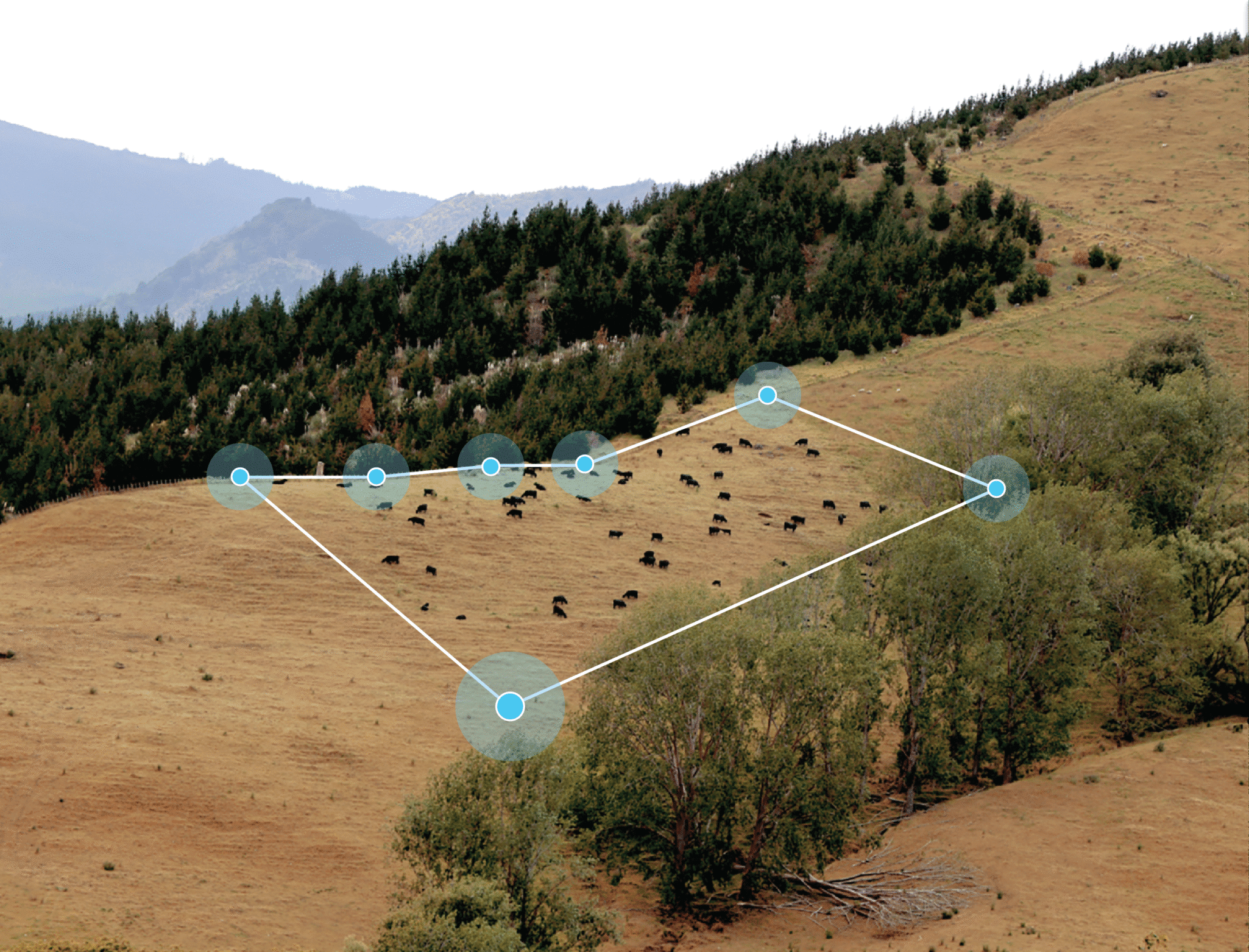Key Takeaways
- Halter customers have created over 11,000 miles of virtual fencing across the U.S.
- The achievement represents an estimated $220 million in savings compared to traditional fencing costs.
- More than 200 ranchers in 22 states now use Halter’s smart collars.
- The company raised $100 million earlier this year, valuing it at $1 billion.
- New livestock management tools are expected to be introduced in 2026.
Halter Reports Expansion of Virtual Fencing Technology
Halter, a company providing digital tools for livestock management, announced that U.S. ranchers using its GPS-enabled smart collars have created more than 11,000 miles of virtual fencing. The company estimates this has saved users around $220 million in fencing and maintenance costs compared to conventional wire fencing.
The solar-powered collars use sound and vibration cues to guide cattle and allow ranchers to define or adjust pasture boundaries through a mobile application. The system also offers data on herd movement and behavior, giving producers more flexibility in managing operations.
Adoption and U.S. Growth
Since entering the U.S. market last year, Halter has expanded to more than 200 ranchers across 22 states, including regions from California to the Great Plains. The company employs over 50 people in North America, with its main U.S. base in Colorado.
Halter’s founder and CEO, Craig Piggott, said the company’s goal is to make technology practical and valuable for producers: “Ranchers are driving one of the most important technology shifts in agriculture,” he said. “We built Halter to help make that shift real by giving producers tools that deliver both economic and human value.”
Supporting Changing Ranch Operations
The company completed a $100 million Series D funding round earlier in the year, which placed its valuation at $1 billion. Funds are being used to support product development and strengthen U.S. operations.
Justin Wells, Halter’s U.S. Country Manager, said the technology is helping producers adapt their day-to-day work: “Our ranchers are proving what’s possible when technology and land stewardship go hand in hand,” he said. “We’re seeing lighter workloads, higher productivity, and more time for things that matter most, like family.”
Looking Ahead For Halter
Halter is developing additional products scheduled for release in 2026, designed to improve automation and accessibility for livestock management. The company said these developments are based on user feedback and increasing adoption across the country.



